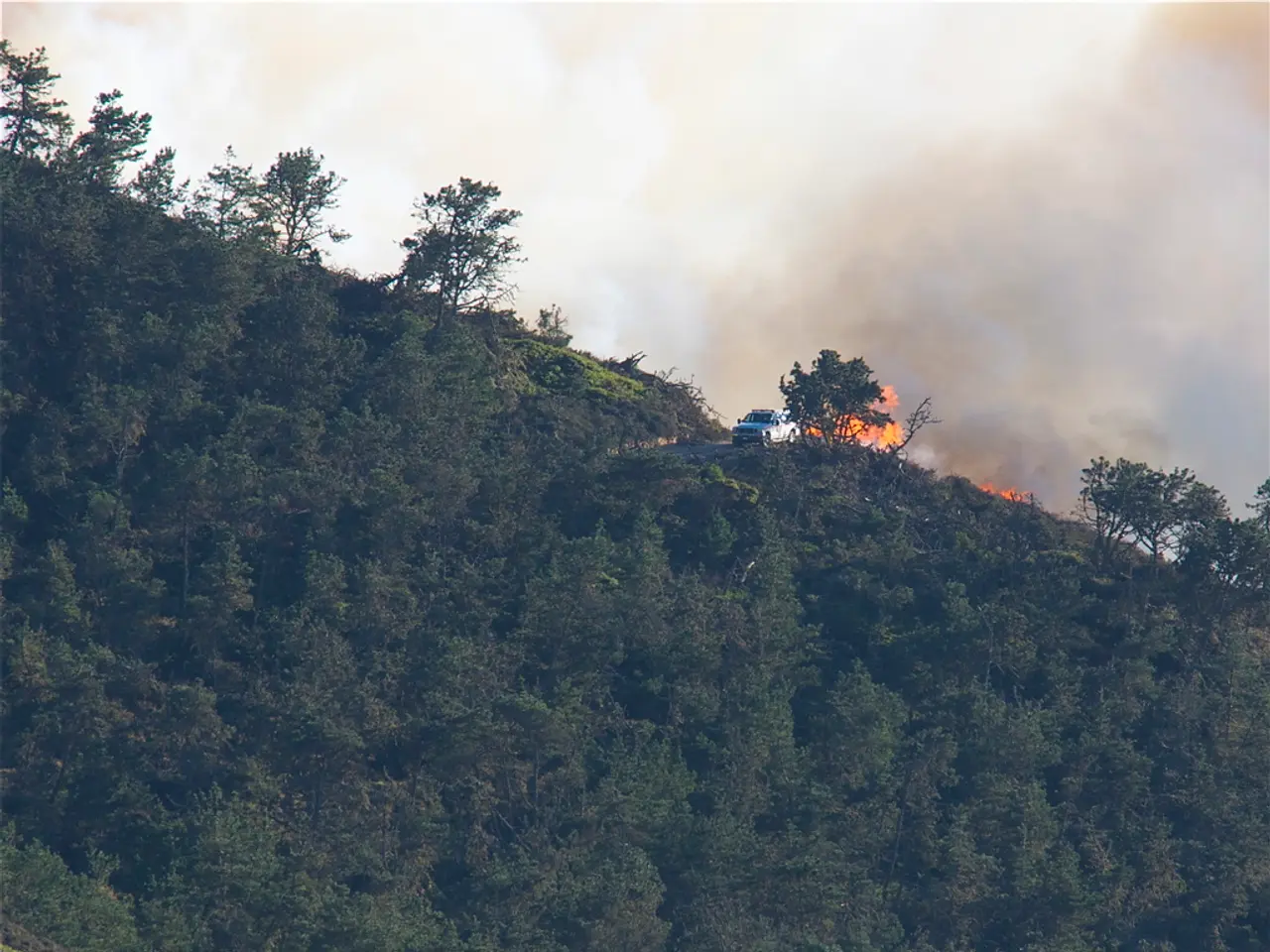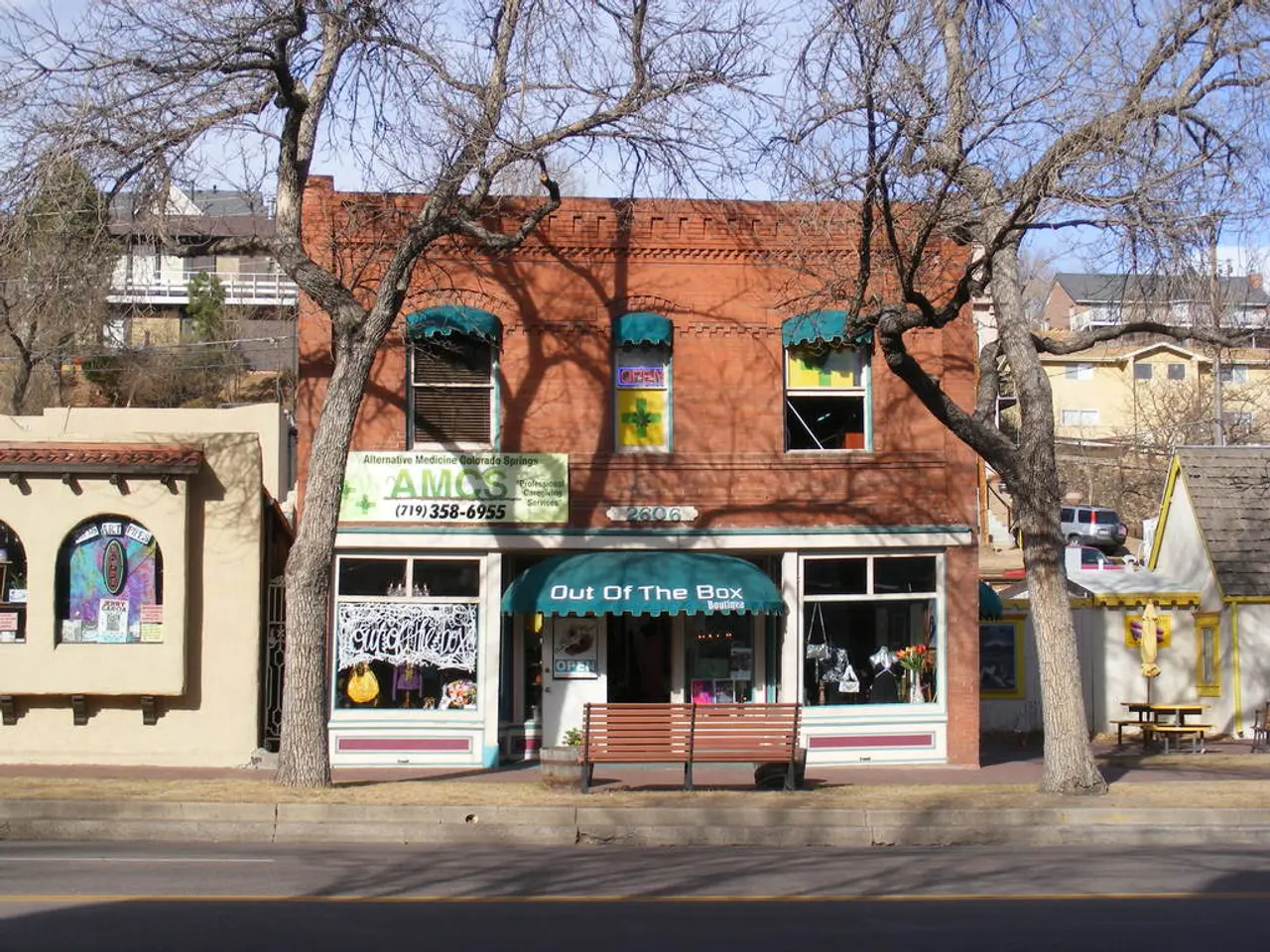North Carolina experiences flooding during Hurricane Helene aftermath
In the aftermath of Hurricane Helene, which struck North Carolina and Tennessee in September 2024, the Biden administration sought substantial emergency aid from Congress to support disaster relief efforts. President Biden requested approximately $100 billion in emergency aid, including around $40 billion for FEMA's disaster relief fund to aid recovery in the affected states.
However, survivors in remote areas faced significant challenges. Isolated communities often lacked basic supplies and services due to their remote locations and limited local infrastructure. FEMA, traditionally providing critical support such as emergency grants for food, clothing, shelter, and financial aid for rebuilding homes and infrastructure, is especially crucial in these situations where state and local resources are insufficient.
The administration's response has been met with criticism and challenges due to proposed shifts in federal disaster policy. The Trump administration, prior to the 2025 hurricane season, aimed to phase out FEMA and transfer disaster response responsibilities to state governments, which risks leaving vulnerable survivors in remote areas with less federal support. For instance, after Hurricane Helene, North Carolina's request to match 100% of state funds for disaster cleanup was denied by the Trump administration, a grant level previously approved under Biden.
The spirit of helping others hasn't been conquered or destroyed despite the hardships of recent years. People are coming together to help fellow Americans affected by Hurricane Helene, regardless of political differences. Various organisations, such as Samaritan's Purse, United Cajun Navy, Grindstone Ministries, The Y'all Squad, The 118th, HHOperation Airdrop, Mountain Mule Packer Ranch, are accepting donations for disaster relief.
A Facebook Missing People Group has been created for Hurricane Helene, and a Hurricane Helene People Finder Google Doc is available for reporting missing individuals. The Citizens Emergency Resource Map can provide information on resources such as gas, food, and water.
The good and decent Americans of the country have responded exceptionally well, refusing to allow the government to stand in the way of their own rescue efforts. The disaster serves as a reminder that disaster and catastrophe can hit anyone on any given day.
In the midst of this, Aaron & Melissa Dykes have created a report on the devastation and heartbreak caused by Hurricane Helene. The second part of the report is coming soon. The video, taken by people on the ground, shows the massive and unbelievable flood that hit North Carolina and parts of Tennessee without warning.
The ongoing tension between federal and state responsibilities in disaster management is highlighted by this complex scenario. The crucial role federal aid plays in supporting survivors, particularly in hard-to-reach communities, is evident. The article encourages readers to hug their families and tell them they love them.
Articles and videos on Hurricane Helene's aftermath reveal the struggle in remote areas, where survivors face a lack of basic supplies due to limited infrastructure. The truth about federal disaster policy shifts demonstrates the potential consequences for vulnerable communities, as seen when the Trump administration denied North Carolina's full funding for disaster cleanup.








